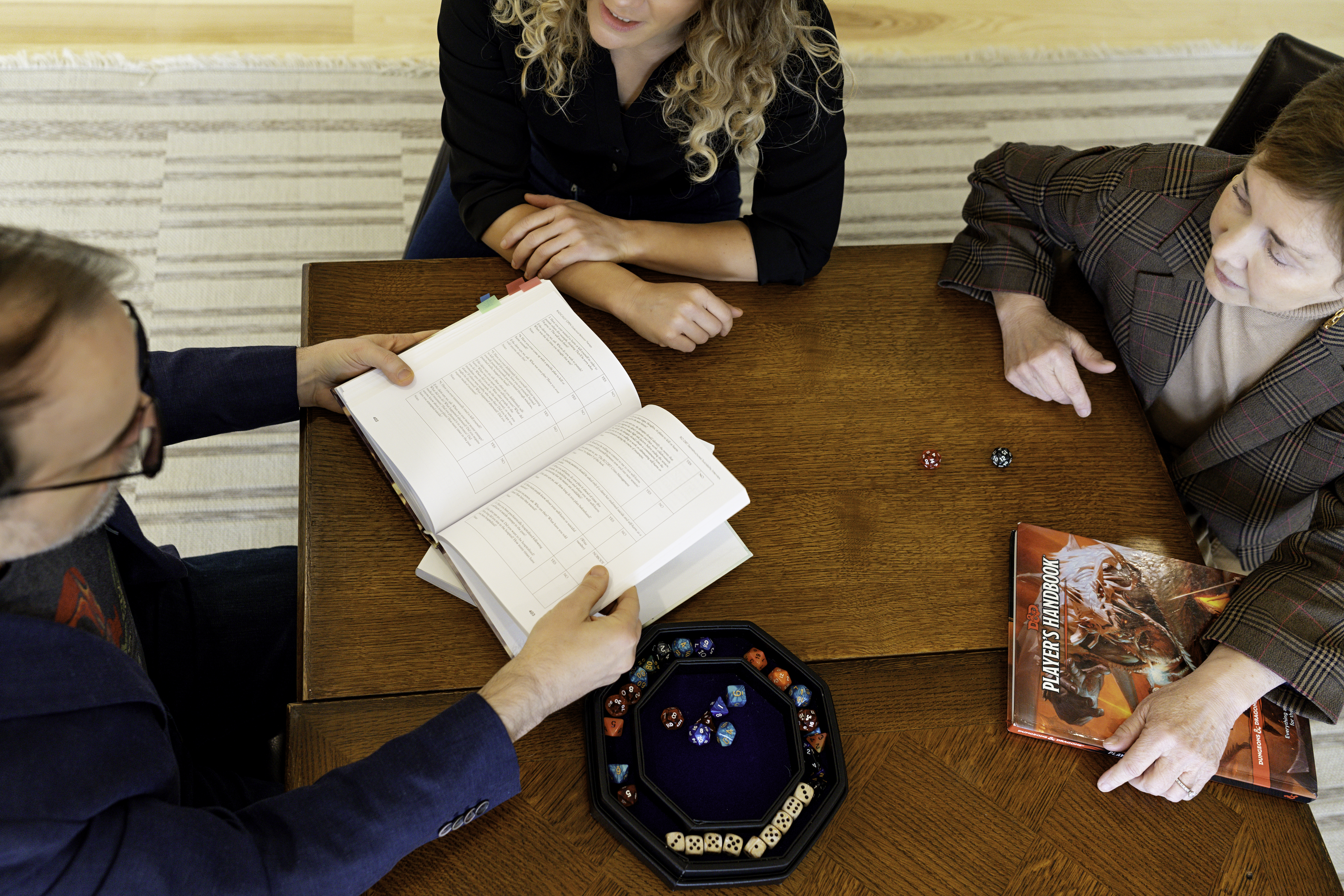RO DBT Skills Groups
RO DBT Skills Groups are for the individual who tends to suffer with perfectionism, rigidity in their thinking, loneliness, and difficulty letting go and having fun. Self conscious emotions, such as embarrassment, guilt, and shame and living according to your values are also addressed. You’ll learn socialization and intimacy skills, ways to be more open and emotionally expressive, how to forgive, how to cope with envy and resentment, how to accept feedback and how to let go of harsh judgments and social comparisons.
Our RO Skills groups include individuals who are also in RO DBT individual therapy at the Center and we welcome individuals who are working in individual therapy with therapists not affiliated with the Center.
DBT Skills Groups
DBT skills training groups teach skills in four different areas: Mindfulness, Distress Tolerance, Interpersonal Effectiveness, and Emotion regulation. The skills help individuals increase their ability to solve problems, cope with difficult situations effectively, and manage their emotions that can be overwhelming at times. The skills help individuals who are suffering to find peace in their lives. We have skills groups for teens, adults, and parents/caretakers. While some individuals will benefit from a comprehensive DBT program which includes individual therapy, coaching, skills group and the therapist participating on team consultation, others can benefit from skills groups alone or while seeing a therapist outside the Center.
Dungeons & Dragons DBT Skills Groups
Attending skills group can be fun when you are learning the skills while playing a game. The adolescent Dungeons & Dragons group will teach DBT skills of Mindfulness, Distress Tolerance, Emotion Regulation and Interpersonal Effectiveness while playing D&D and using the skills in the situations that come up in the game. This approach can be motivating for teens and enhances their learning. The teens will get practice recalling skills from memory, role play practice and working together as a team. Parents are strongly encouraged to join the family group as part of the program.
Dungeons and Dragons RO Skills Group (Adults)
The adult D & D group focuses on skills from RO DBT and is designed for the individual who tends to be overcontrolled. Dungeons & Dragons functions to provide social exposure, increasing emotional expression, practicing flexibility and openness, trying new experiences, commitment to a group and rehearsal of new behaviors while also providing structure and fun.
See photos & learn more about the benefits of the Dungeons and Dragons Skills Group below.
Benefits Of The Dungeons & Dragons DBt Skills Group
Games Are Fun!
Kids having fun and bonding over a shared activity. So we start with a game designed by game designers over the past 50 years to be immersive and fun. We purposefully avoid starting with a game designed by therapists to do psych-education. (Totally unfun.) To make a game part of a weekly structure of learning and acquiring new skills, it needs to be really fun, something kids look forward to every week. (And Dungeons and Dragons is really fun!)
When You’re Having Fun,
You’re Feeling Safe
Research shows that you need to feel safe to learn something new. It is hard to learn algebra when you are worried about the bully sitting next to you, what people are thinking of your shoes, or the embarrassing thing you said five minutes ago. When you are genuinely having fun, it is almost impossible to feel unsafe. When you’re learning something while laughing and having fun with friends, you get more frequent practice recalling the skill from memory, you get more practice with it and you remember it for much longer. Fun provides motivation for recalling and rehearsing a skill. Fun makes recalling and rehearsing of the skill intrinsically rewarding. When the brain is motivated and rewarded, it assigns importance.
Motivation: Giving skills immediate relevance and improving recall
Kids know they will be taught skills while we’re playing D&D. “Tricking them into learning,” if you will. Yes, they’ll be discovering magic items, potions, plot hooks, and side quests. But they will also be discovering instructions on Mindfulness, how to”Build Mastery,” and “Cope Ahead,” for example. Yes, skills will be important at some point later this week. Most teenagers will acquiesce to that point. But what makes it important right now? What makes it fun right now? Well, you know that lava pit you have to pole-vault across to get “The Silver Key?” Tell me how you “Cope Ahead” with it. How do you use mindfulness with the obstacle? What abilities have you been practicing that would help you “Build Mastery?” If they can answer one of these questions, or help a party member use it, they get an in-game advantage (they may be given a chance to re-roll a low die roll, or add a certain amount to it, for example).
Providing practice and role play of skills
So then I ask them, “Tell me exactly how Conan does slow, deep breathing, willing hands, and half-smile while walking across the tight rope. You can act it out if you want.” Now, all of a sudden, giving exact (although fervent) instructions is exciting. And they can get the behavioral rehearsal, so they are recalling the skill from memory and practicing with their body.


